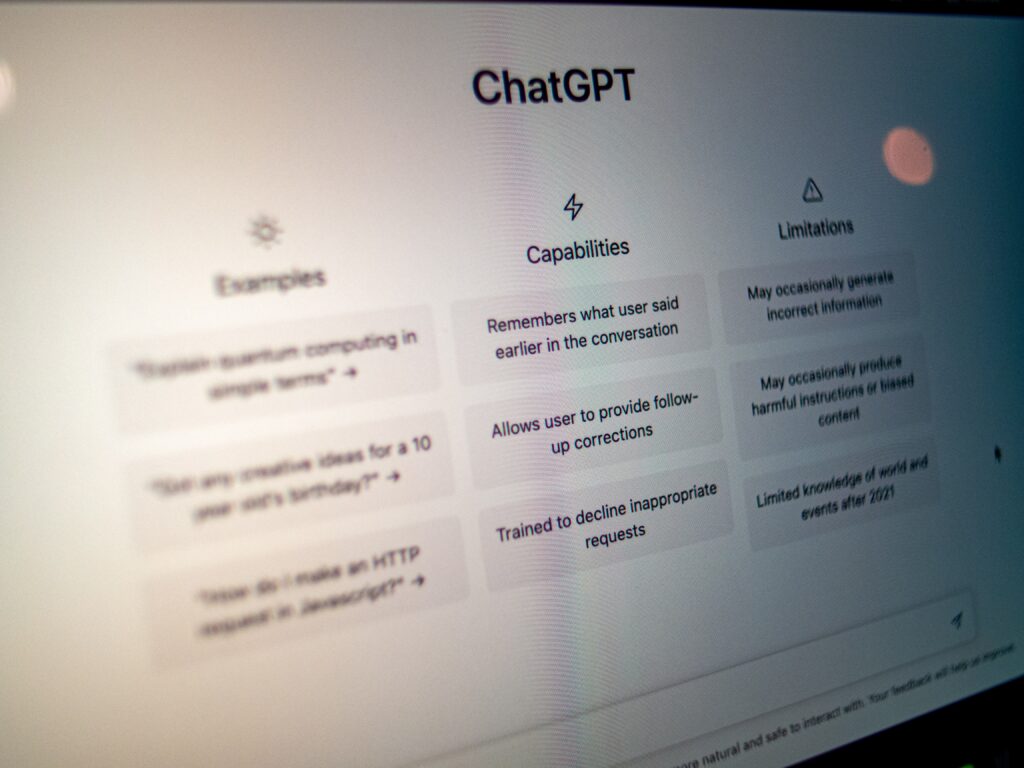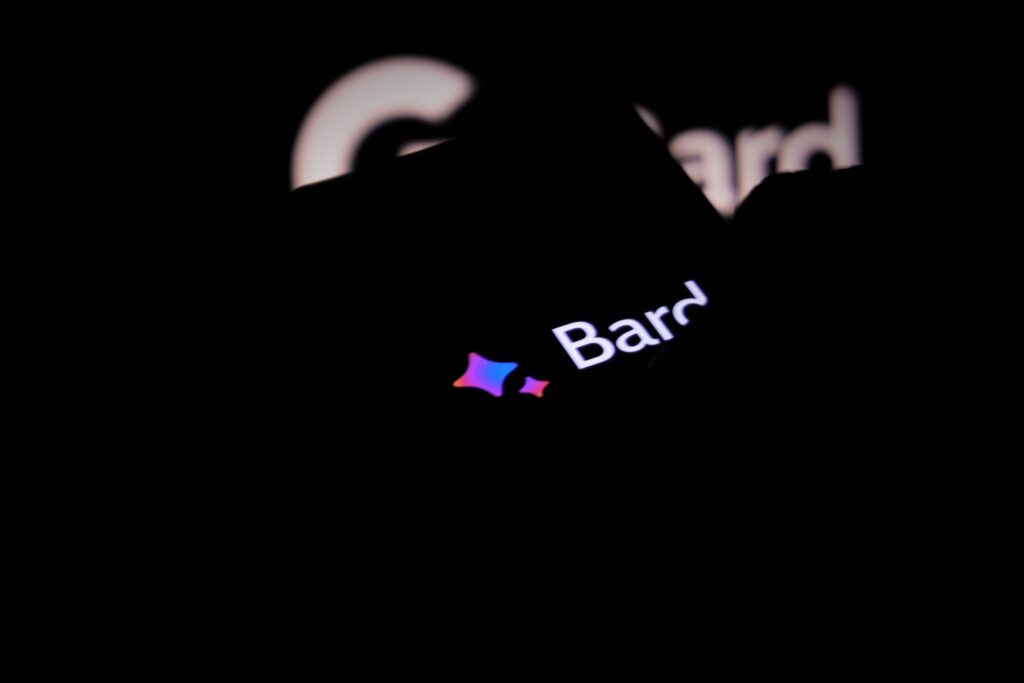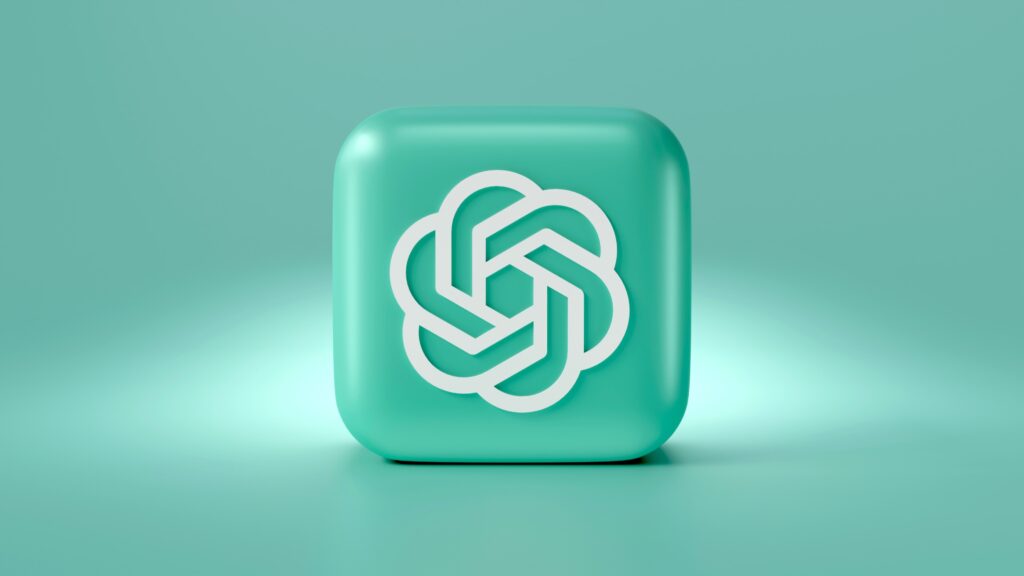
The Age of AI seems to be upon us, with everyone and their dog offering some type of AI chat solution to all your needs, desires and problems. But which one is for you?
While all AI language models are competent to a degree, some function better than others, particularly related to what type of question and information you’re looking for, and some have a cost.
Here’s a breakdown of the main players, with what they’re good at, what they’re not so good at, and what kind of experience you can have with them.
Bing AI – Online Search & CHATGPT-4 Combined
Microsoft’s foray into AI chat is pretty heavily integrated into Bing Search, so it’s great for summarising internet information as it links straight into the search engine. That also means it’ll be up to date. If you want to stop it searching online, including something like “Don’t search the internet” in your prompt should do the trick. Also be aware there are 3 different conversation styles – Creative, Balanced, and Precise, which alters the responses and style.
Cost: Free
Usage: 30 messages per conversation and 300 per day.

Google’s Bard, sharing a nickname with Shakespeare, was famous for being late to the Bing and ChatGPT party, but has set a standard for fast, online and unlimited responses. Based on the PaLM2 language model, it seems to benefit from an easy-to-use interface, and is great for summarising websites and current information, thanks to its links with Google Search. At present, it doesn’t keep track of your recent requests.
Cost: Free
Usage: Unlimited.

The so-called ‘game-changer’ of AI made waves when it launched ChatGPT3 back in late 2022, and has come to be known for some of the best language model technology available, especially with the release of GPT-4 in March 2023. The free version uses ChatGPT-3.5, while the paid-for ChatGPT Plus uses the updated GPT-4 model. The GPT-4 model is simply unbeatable for data analysis, coding, and more simple copy like blog posts, emails, summaries, etc., but doesn’t quite cut the mustard in the creative writing arena. If you add in the many plugins that are available for the paid version, you’ve got a pretty comprehensive AI suite at your fingertips.
It’s not perfect, so far, it seems like the leader of the AI pack. Note, that it can handle up to 32K tokens – around 25,000 words of input at once, so if you’re after large information sets, Claude (75k words) may be an alternative.
ChatGPT Free (GPT-3)
Cost: Free.
Usage: Unlimited.
ChatGPT Plus (GPT-4)
Cost: $20/£18 per month.
Usage: 50 messages every 3 hours for GPT-4.
Claude – Creative Writing Maestro.
Anthropic’s lesser well-known contender is backed by Google and is particularly adept at creative writing and ideas. One of its main draws is that it can handle up to 100K tokens – around 75,000 words of input at once, so it can handle large amounts of text, like books, reports, etc. Not only does this mean it can see everything immediately, but saves you time having to paste in your information across several messages.
Claude 2.0 Free
Cost: Free.
Usage: 20 messages every 8 hours.
Claude 2.0 Pro:
Cost: $20/£18 per month.
Usage: 100 messages every 8 hours.
Which Paid Version is for me: ChatGPT vs. Claude?
If you’re looking to spend money on an AI language-model chatbot, two of the main choices are ChatGPT Plus and Claude Pro. As outlined earlier, ChatGPT Plus is the king of data, coding and copy, and a much more versatile service due to its integration with plugins. From my experience, Claude 2.0 Pro beats it for creative writing, but is less good at data and coding. A recent July 2023 study found that for American Graduate Record Examination (GRE), ChatGPT-4 placed in the 99th, 80th, and 54th percentile for Verbal, Quantitative and Writing Tests, while Claude 2.0 placed in the 95th, 42nd, and 91st percentile. This seems to mirror what I’ve found.